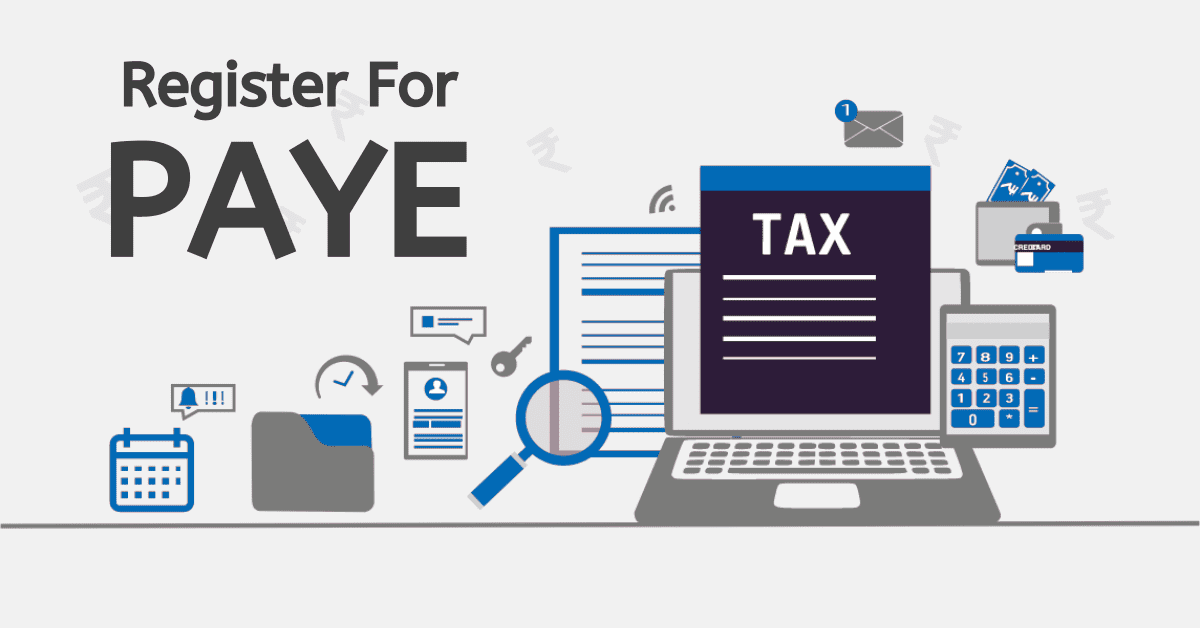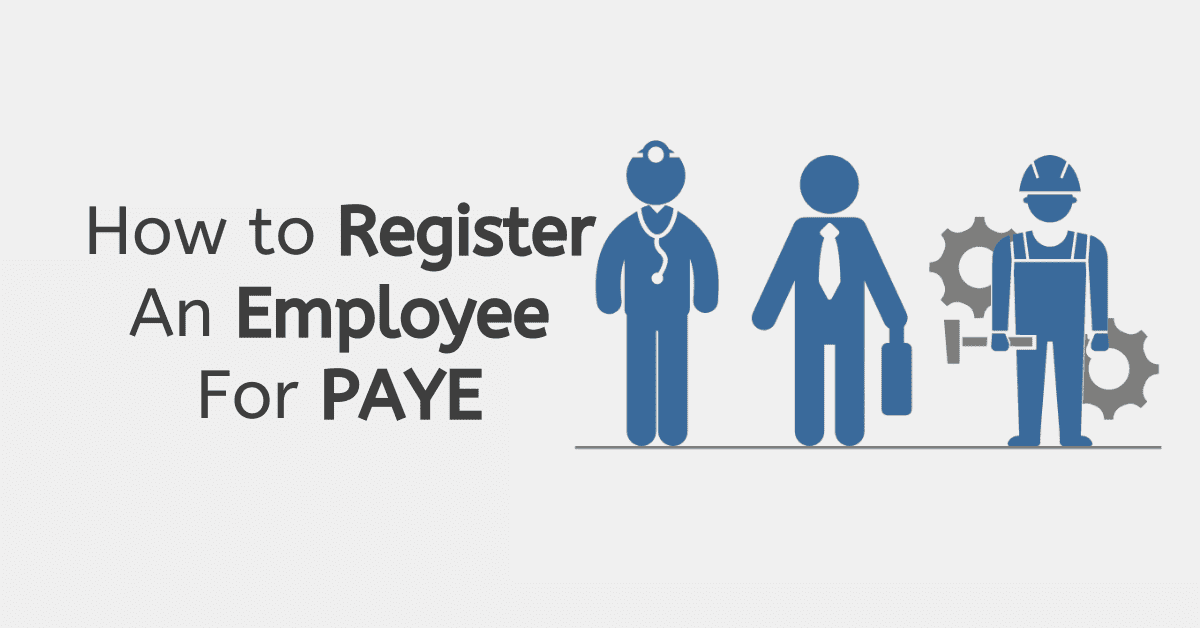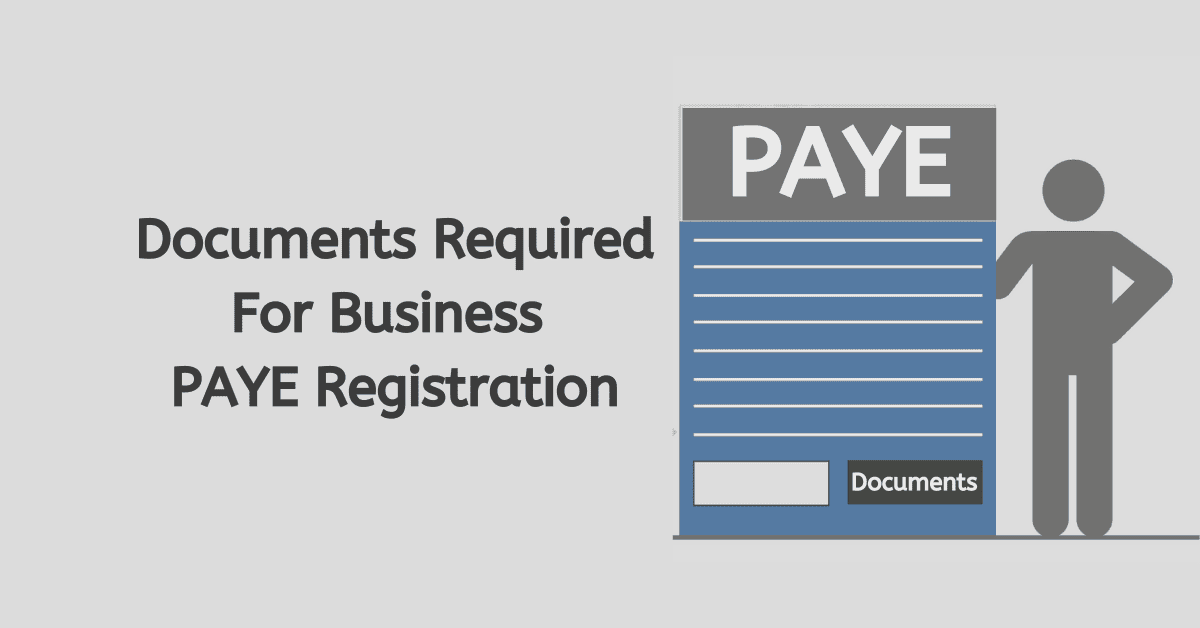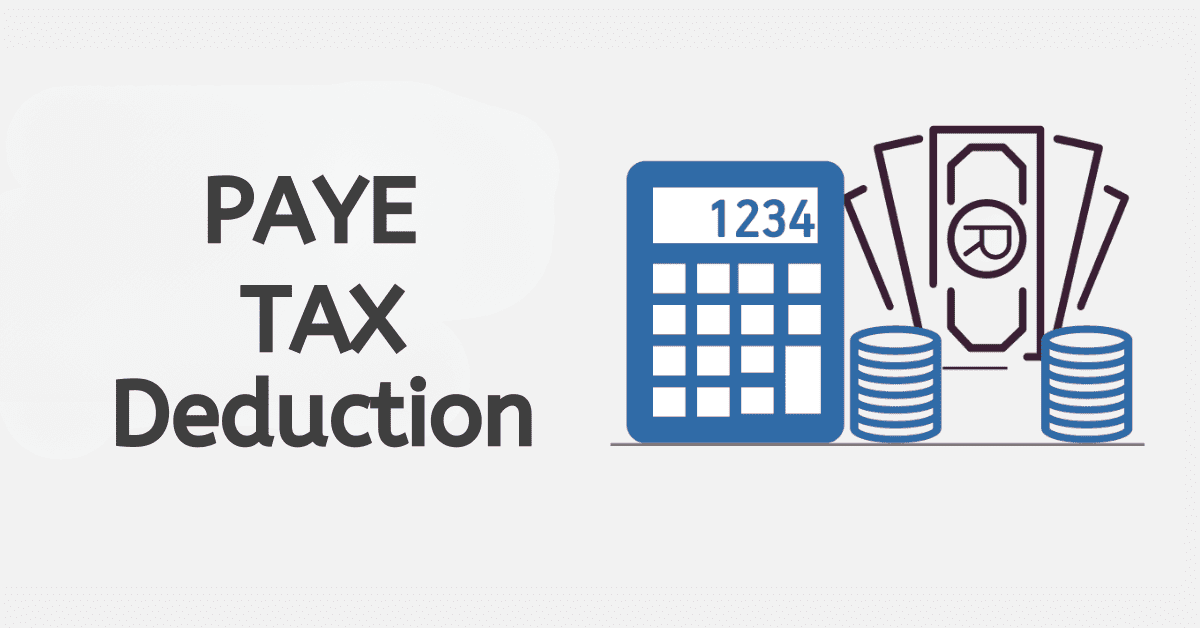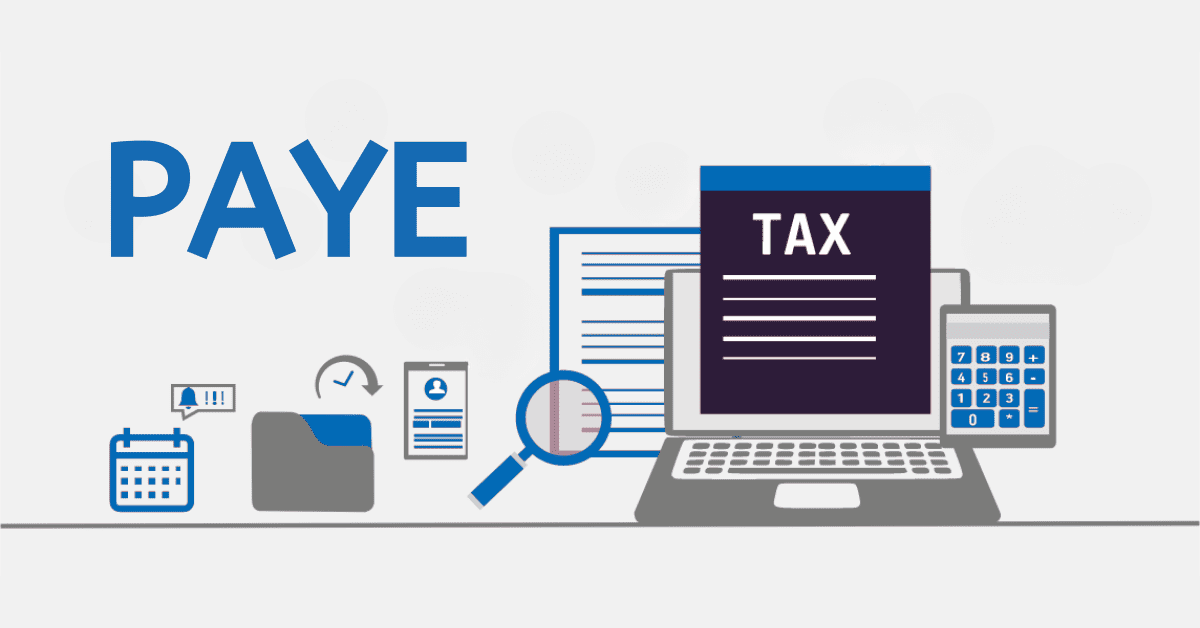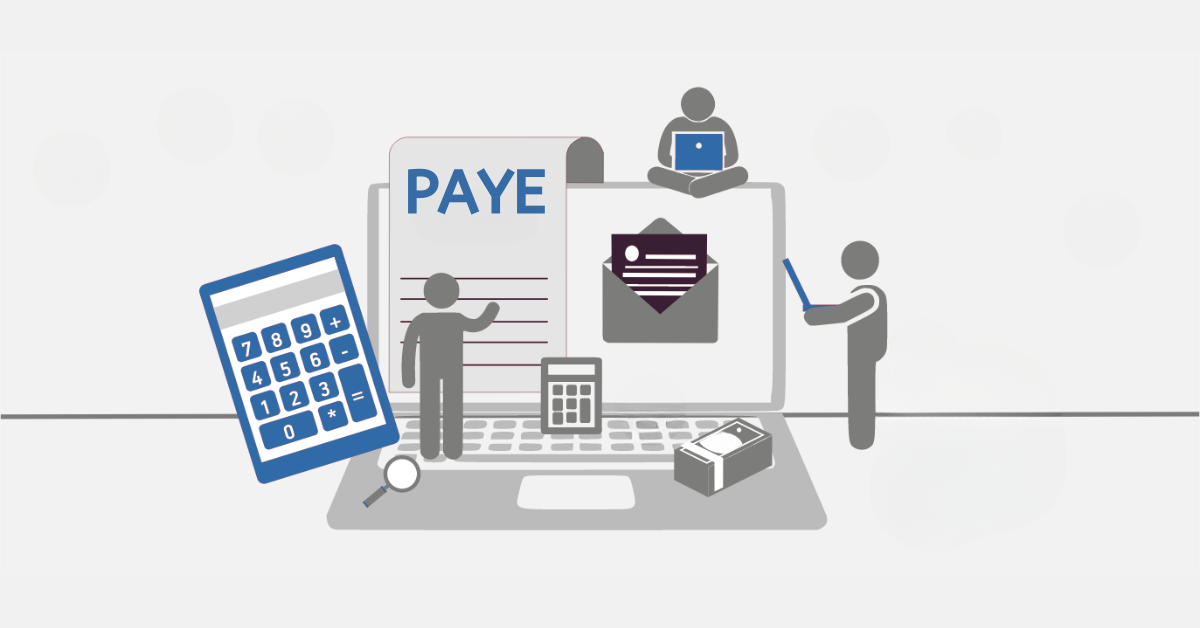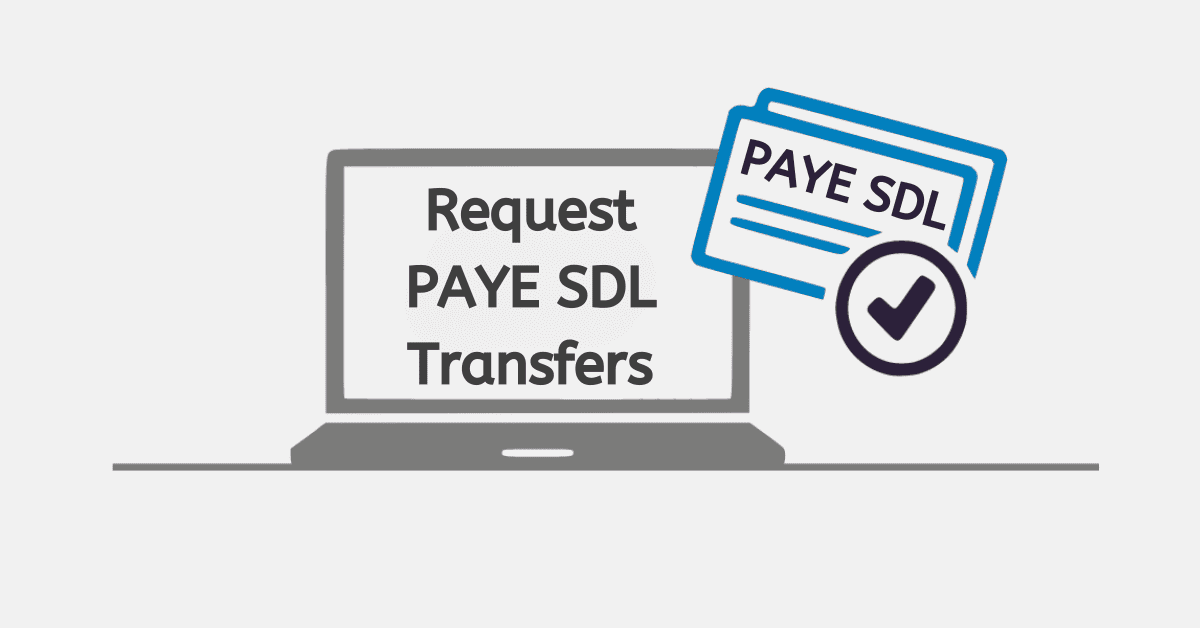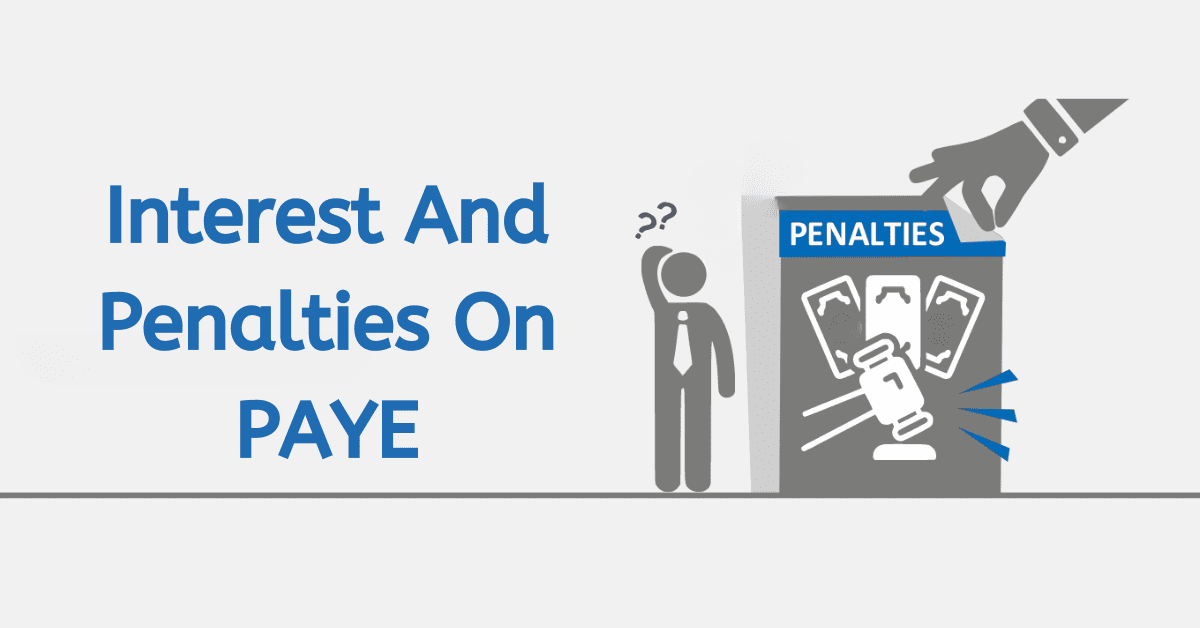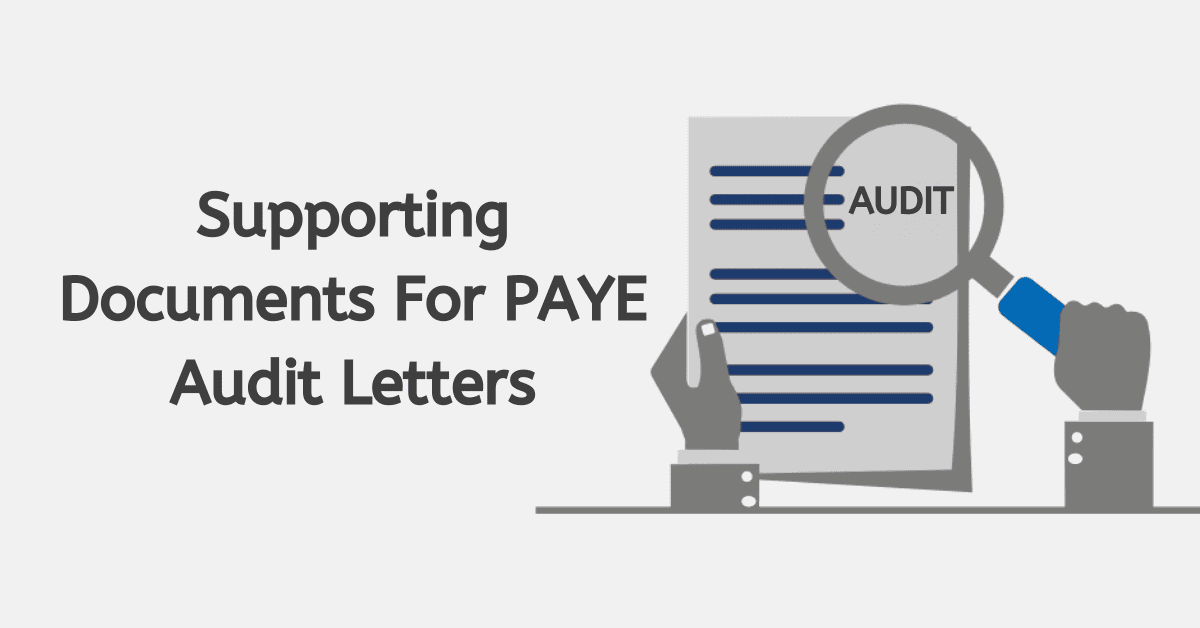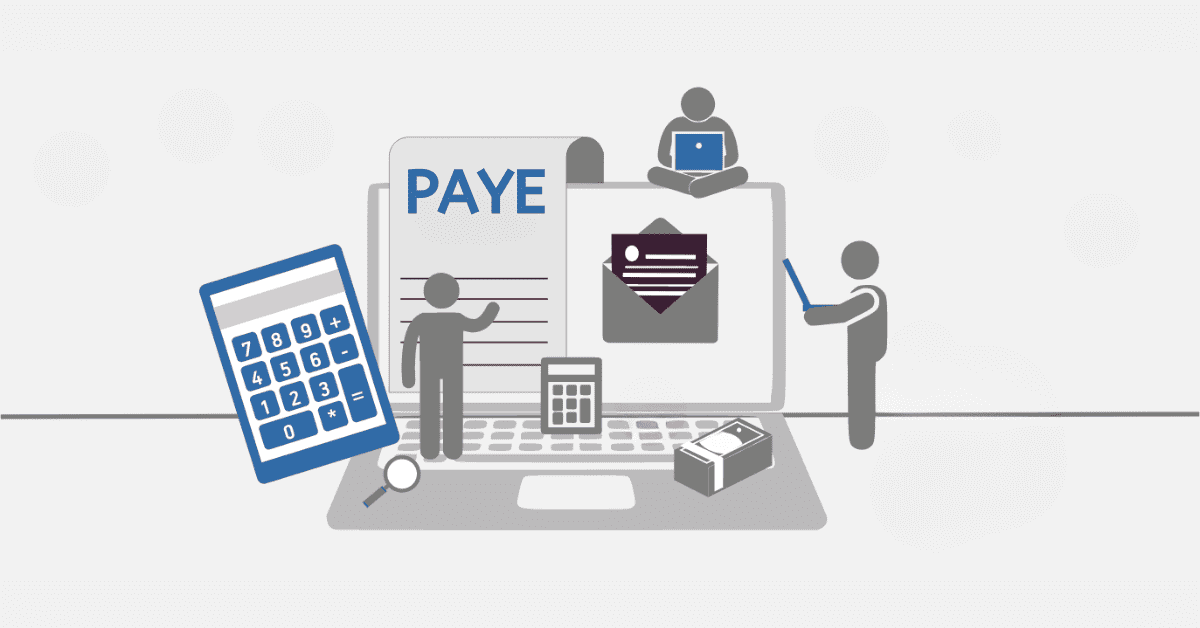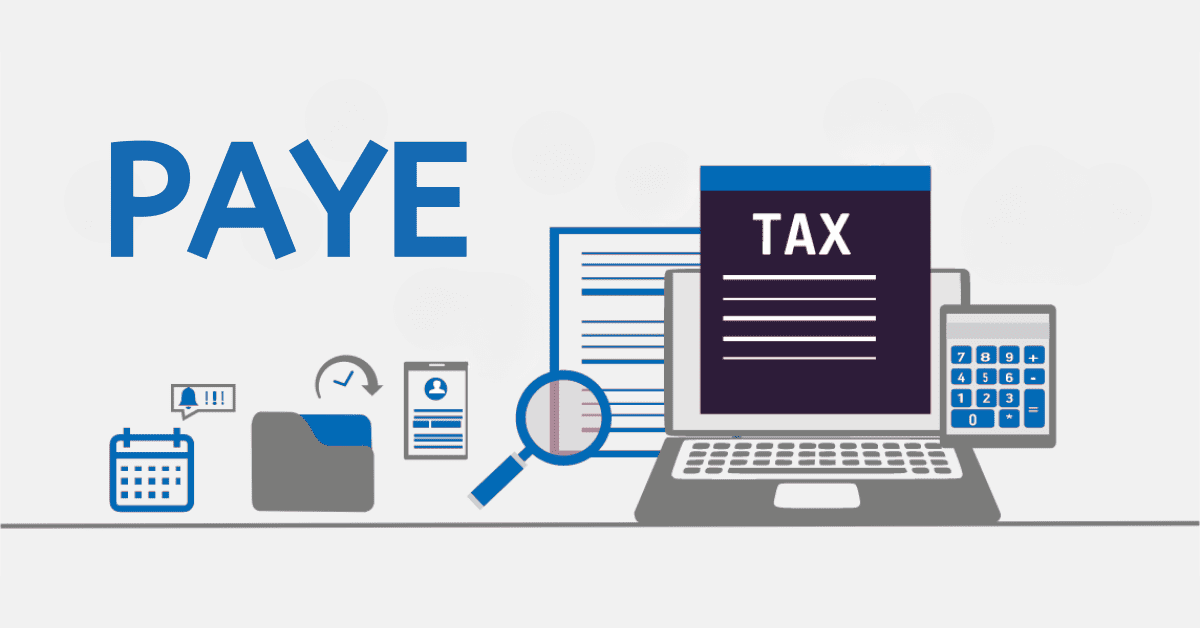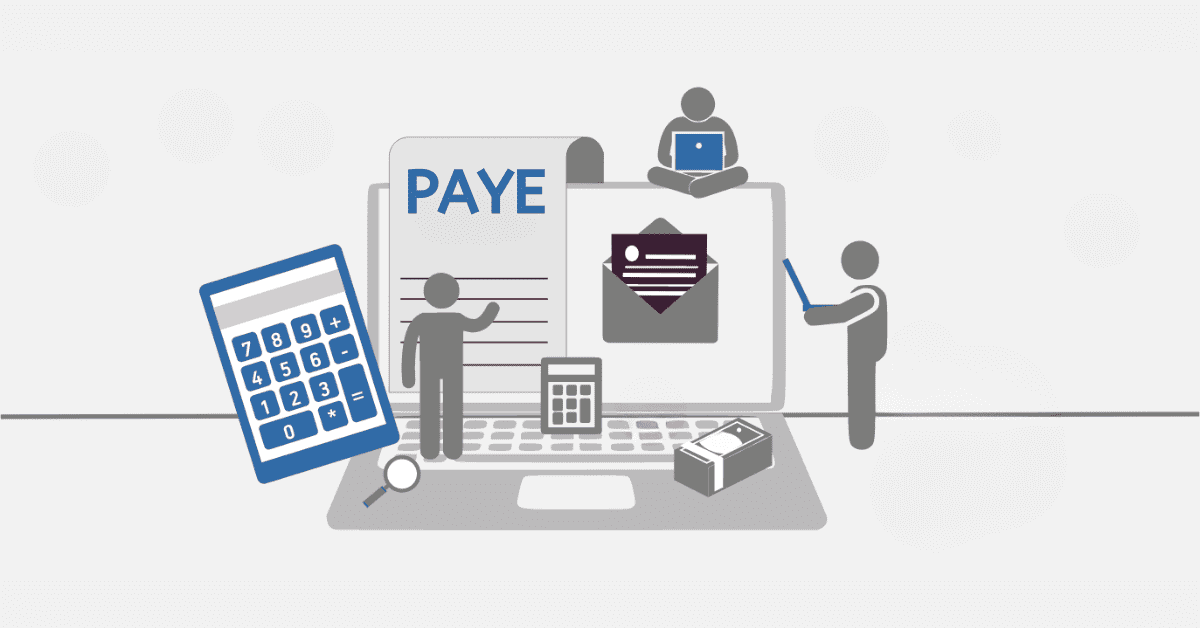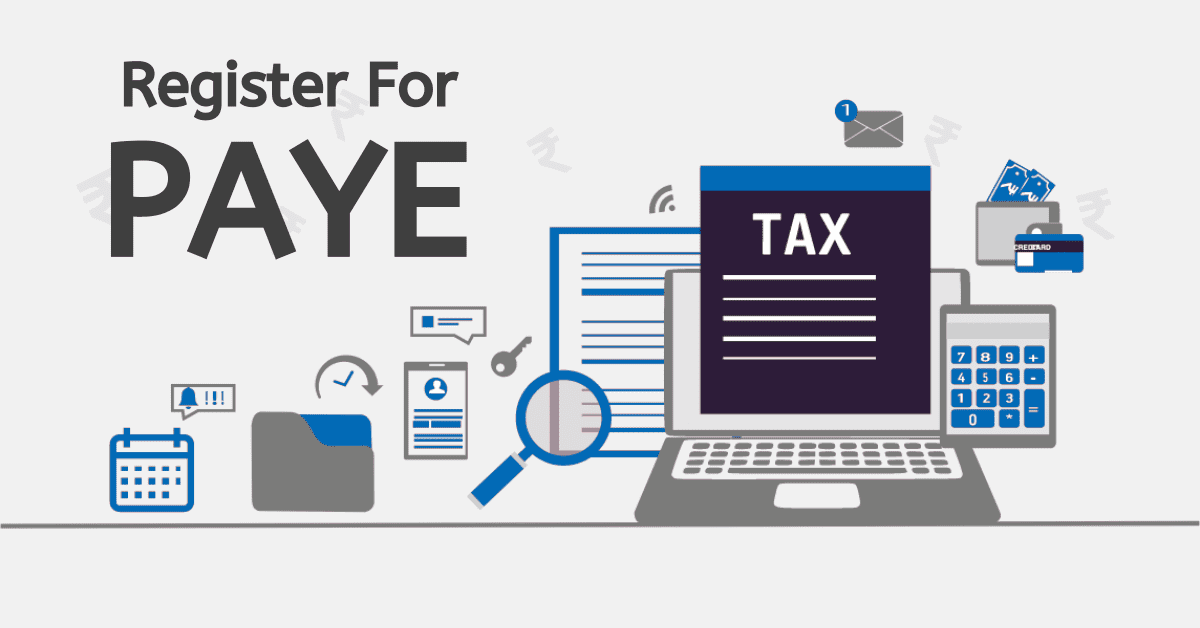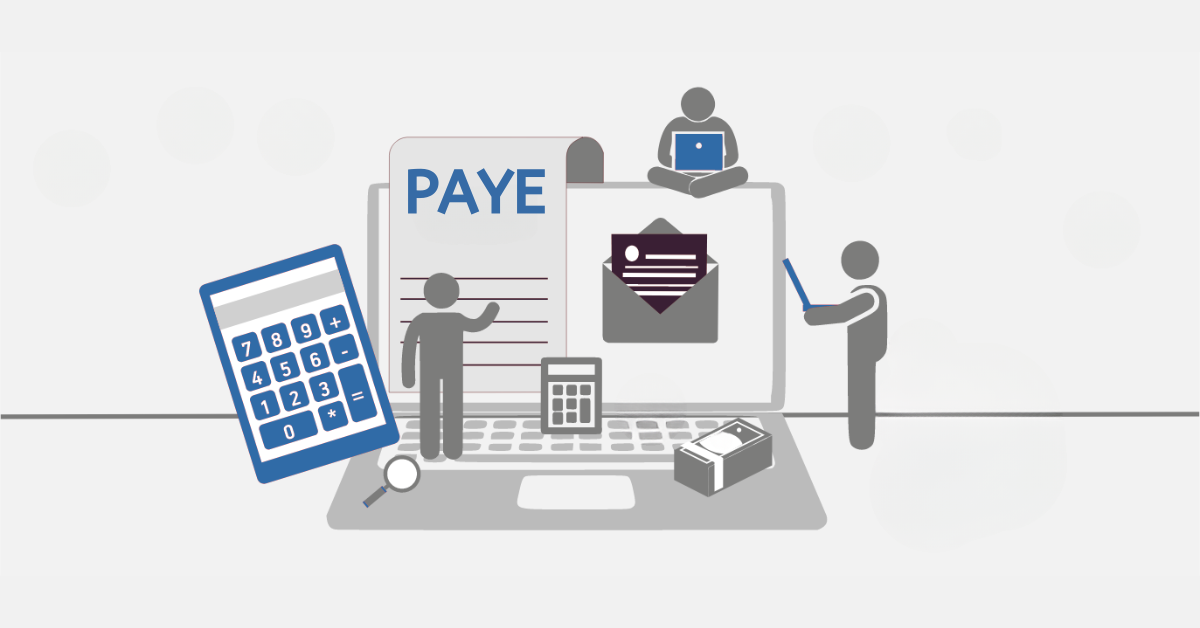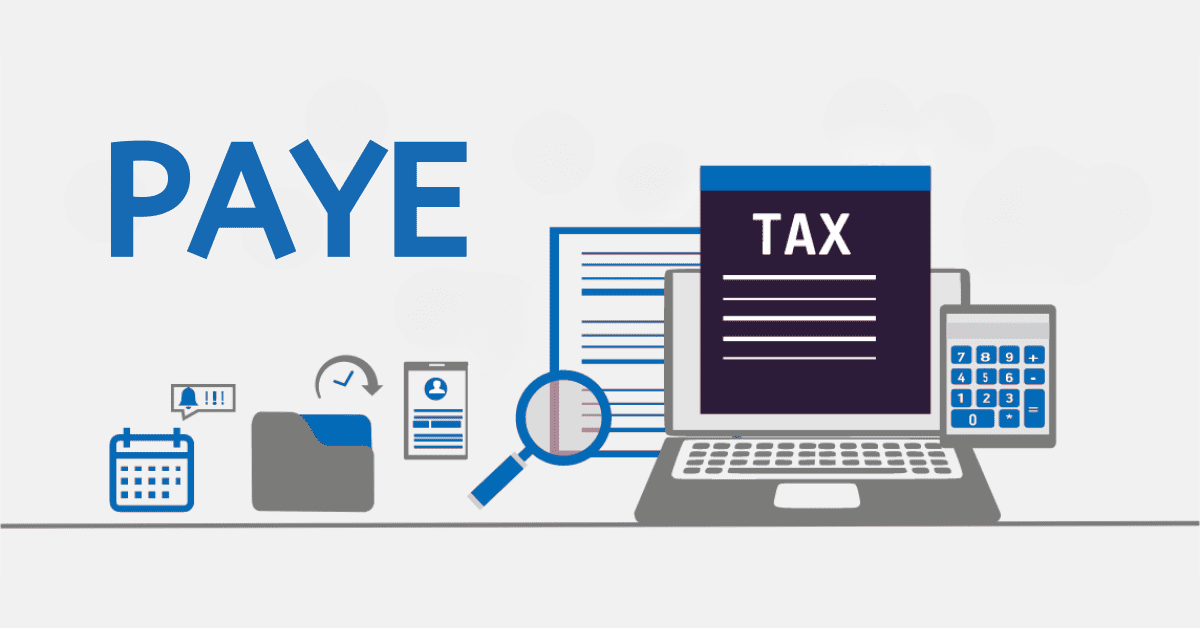While most of us are interested in the net pay we receive in our pockets, savvy employees should also pay attention to the PAYE their employer deducts from their salary. However, many South African workers don’t understand the basics of PAYE, let alone how it applies to the cash they take home each month. Today, we’re looking a little deeper into PAYE, including why the amount you see deducted on your payslip may not be the same every month.
Does Your PAYE Contribution Change Each Month?
Your PAYE contribution can change every month, depending on exactly how your company sets and calculates your remuneration. This is because PAYE is based on the total remuneration received from your employer.
This consists of your basic salary and includes leave pay, bonuses, overtime pay, gratuities, commissions, and certain allowances. While most people have a fixed base pay, the latter items can all change from month to month. For example, in one month, you may earn a high commission, in a second month, you may take out leave pay you are due, and in another month, you could receive a bonus or work extra overtime. These amounts must all be accounted for for PAYE.
This can contribute to a changing PAYE amount. You are only likely to see the same PAYE deduction every month if you receive a base salary that hasn’t changed and do not have considerations like those we listed above.
How Is Monthly Tax/PAYE Calculated?
The calculation of monthly tax or PAYE involves several factors, including the employee’s total income, deductions, and their applicable tax tables. Here’s a basic breakdown of how monthly tax/PAYE is calculated in South Africa, but remember that this is a rather complex area of tax law. If you have any questions about your PAYE deductions, you should ask your employer or HR department to explain clearly what’s being withheld and why. Remember that while PAYE is deducted by your employer and paid over on your behalf to SARS, you are still ultimately responsible for ensuring it is paid, so never be shy to ask for clarification if it is needed. You have a right to understand your paycheck, including deductions made from it fully.
The first step in calculating PAYE is to determine the employee’s gross income. This includes all earnings before any deductions, such as basic salary, allowances, bonuses, and any other taxable benefits. Certain types of income are exempt from PAYE. This includes things like travel allowances or employer contributions to a retirement fund. Exempt income is not subject to PAYE and will be removed from the equation at this point to reach your ‘taxable income.’
Most employers will then compare your rate of pay to the tax tables SARS issues, which work on income brackets. The tax tables are progressive, meaning that the rate increases as the taxable income increases, and accounts for a variety of variables (such as income over two tax brackets) simply, so they are the default choice for PAYE calculations. The PAYE, according to the tax table, will then be withheld from your salary, and the remainder will be paid over to you.
Employers are required to submit monthly returns to SARS, reflecting the total PAYE collected from all employees.
What Is The Minimum Salary For PAYE In South Africa?
To be eligible to pay PAYE, you must be earning more than the tax threshold for that year. In 2025, this is set at R91,250 per annum for employees under 65, who are the bulk of the workforce. This works out to roughly R7,504 a month if you have a standard 12-payment employment contract. It will look a little different if your employer uses a 13th check or if you have other fluctuations in income throughout the year.
Is It Compulsory For Every Employee To Pay PAYE?
Technically, yes, it is compulsory for almost every employee to pay PAYE. This does, however, refer only to formally full-time employed employees, and not to gig workers, contractors, or part-time workers. While all full-time workers technically need to pay PAYE, it will only be enforced once you hit the tax threshold for that year. This is currently set at R91,250 per annum, or R7,604 a month for a 12-paycheck cycle. If you do not meet that limit, the current tax rebate will offset any potential PAYE deduction, and so your employer will not take PAYE from your salary- although they will still have to deduct and pay over UIF contributions from your salary.
PAYE and income tax go hand in hand- PAYE is simply an employer-withheld amount that is paid to SARS to cover your income tax due for the year. However, remember factors like medical aid and additional medical credits may mean that you owe slightly less in income tax than the PAYE covered, so it is worth submitting your annual income tax return to account for these extra deductions- you may even get a tax refund!
